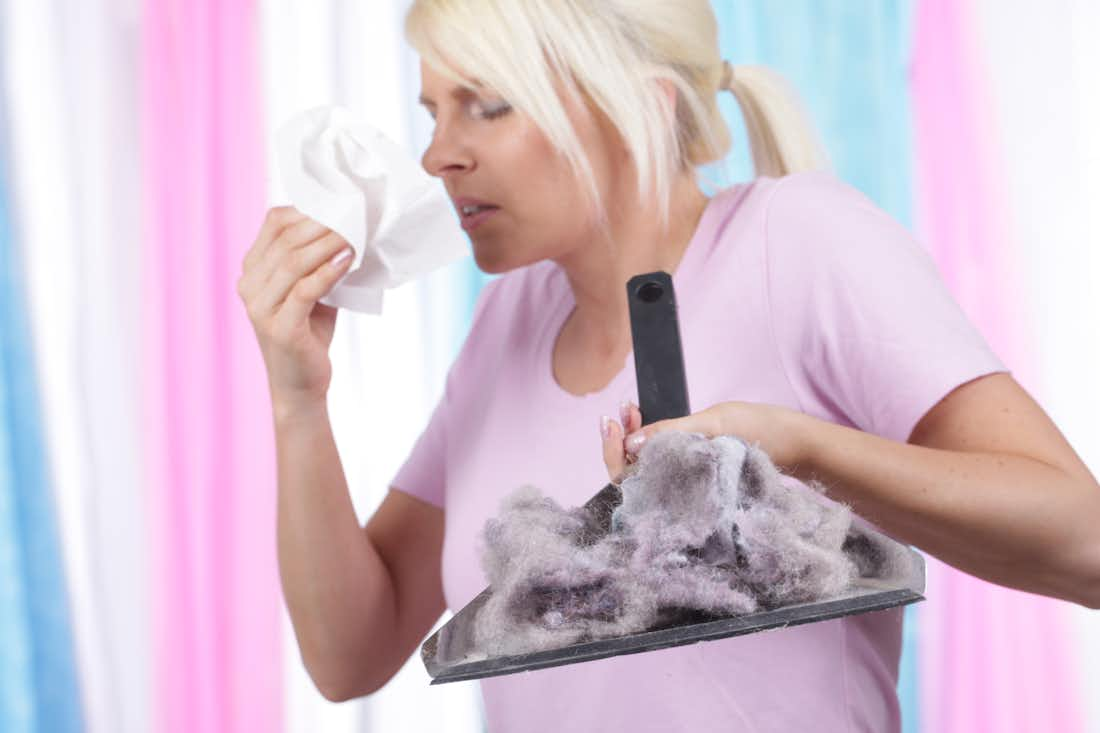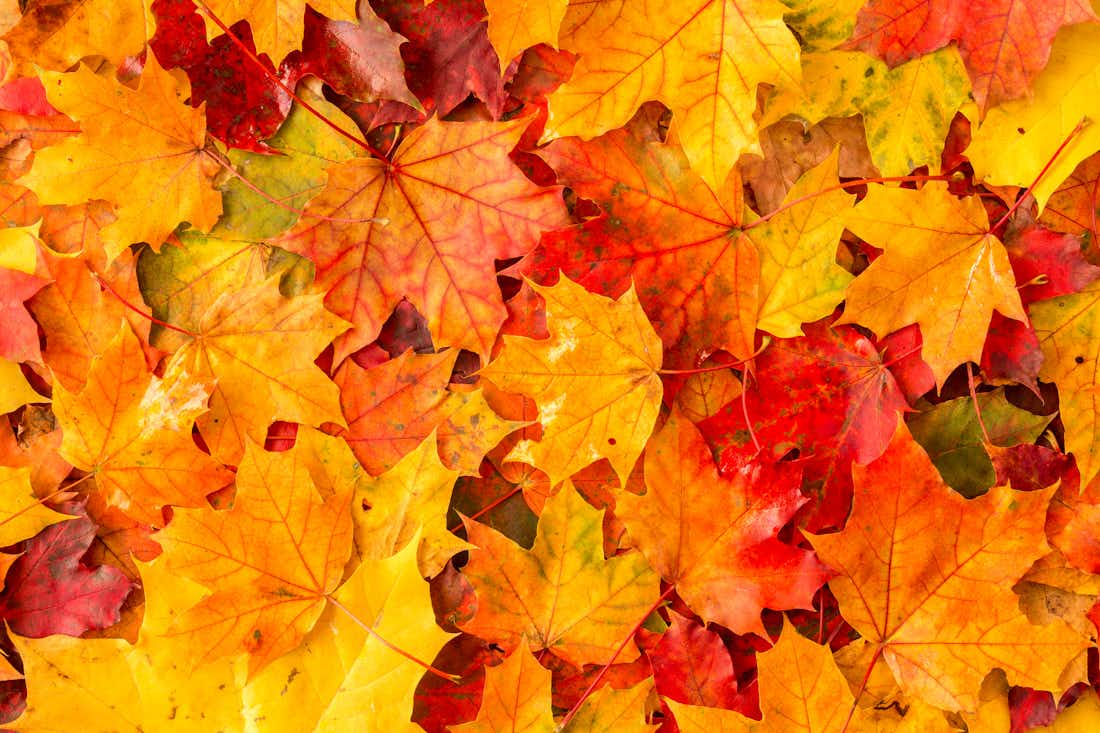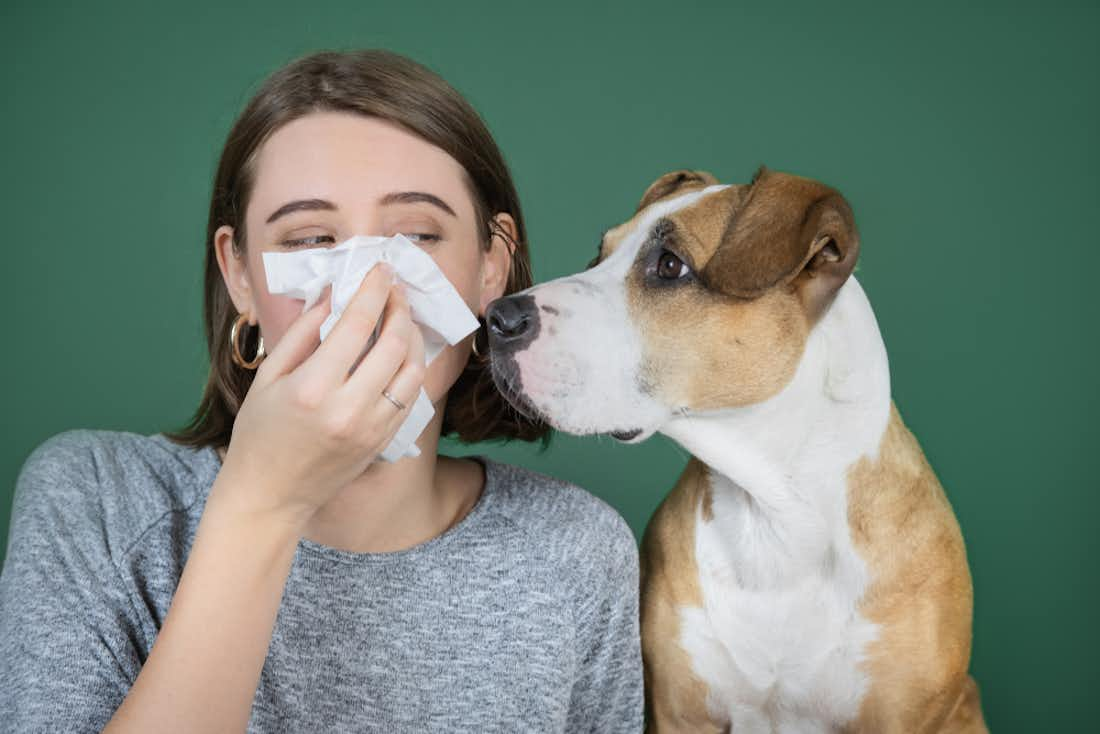Sep 12, 2022
Can You Sneeze In Your Sleep?
5 minute read
Sneezing is one of the most strangely satisfying reflexes on the planet. And while it can get a bit frustrating when allergies make them come and go nonstop, the feeling of a sneeze is pretty unmatched.
While seasonal allergies and the sniffles may have you dreaming about sneezing while you sleep, do we actually sneeze while catching zzzs? Let’s get to the bottom of this question, as well as many others.
What Is a Sneeze?
You can always tell when a sneeze is creeping up through your nostrils and into your nasal cavity. That tickling, prickling sensation means that you better grab the Kleenex.
A sneeze is a reflexive reaction that occurs when something enters your nose. Triggers like dust, pollen, or germs signal a part of your brain that is actually known as the sneeze center. This part of the brain then sends messages to other parts of the body to initiate a sneeze.
A sneeze uses more muscles than you may think. Your chest, diaphragm, vocal cords, abdomen, and muscles in the back of your throat all work in unison to make you go achoo!
All sorts of stimuli cause sneezes, but allergens and other airborne pollutants are the main contributors. Additionally, bright lights can make you sneeze as well. This is known as ACHOO (Autosomal dominant Compulsive Helio-Ophthalmic Outbursts). This mouthful of a disorder affects one in four individuals, and it’s not entirely understood why it happens.
Sleepy Sneezes
When you fall asleep, your body goes into a state of restful relaxation. Many of your bodily processes are slowed down to allow yourself to recharge for the next day ahead. With that in mind, the chances of a reflexive action occurring while you’re in a state of slumber are slim to none.
This doesn’t mean that it’s impossible to sneeze while you’re in the middle of sleeping, though. If someone were to come to tickle your nose with a feather, or if too many dust particles enter your nose throughout the night, you may wake up and sneeze a few times. However, there’s really no evidence to suggest that you can sneeze _while _you are asleep.
And even if you could, there’s a good chance it would wake you up right away because of the forceful muscle contraction and the loud noise associated with this reflex. On top of that, people who struggle with ACHOO syndrome are unlikely to be affected in a dark bedroom during the night.
Why Don’t We Sneeze During Sleep?
If you’ve ever woken up with a stuffy or runny nose, it’s because laying down horizontally can cause the mucus membranes in your nose to swell up. While this is normal fuel for an imminent sneeze, it is thought to be highly unlikely to sneeze while asleep.
There are four stages to a healthful night’s rest. The first stage is a state of light sleeping where you can be easily disturbed. Muscles start to relax as you ease into the second stage. Here, eye movement stops, and your body temperature and heart rate drop.
In the third stage, blood pressure drops, and your brain waves become more slow-moving. Waking up at this stage makes you feel disoriented, which is why those two hours naps can have you feeling you woke up in another dimension.
The final stage is known as REM, or rapid eye movement. During this stage, the eyes move rapidly, and the brain mimics activities to daily activities. This is the stage where dreams take place, and while your brain is very awake, your body is in a state of atonia.
Atonia is a condition in which muscles lose all strength. Since sneezing is rooted in powerful muscle contractions, it’s pretty much impossible for you to sneeze during a state of deep sleep because your muscles are too relaxed.
Similarly, most neurotransmitters shut down during REM, so any disturbances in your nose or throat are unlikely to send a signal to your brain in the first place.
With that in mind, there’s technically a possibility of sneezing during the earlier sleep phases where atonia is not present. However, the brain activates certain regions during these phases to prevent your body from engaging in certain physiological responses.
Sneeze FAQs
Sneezes are one of the more misunderstood aspects of human health. Got more burning questions? Here are some answers to the most common sneeze myths to help you sleep at night.
Does Your Heart Stop When You Sneeze?
It’s polite to say “Bless You” after hearing someone sneeze nearby. And while it’s a thoughtful statement, it’s based on falsity. That’s because your heart does not stop beating when you sneeze.
With that said, it’s understandable that so many people believe this myth, as it does feel like your heart stops pumping every time you say achoo! When you inhale before a sneeze, pressure in your chest increases. This pressure drops suddenly after exhaling forcefully.
This alters the blood pressure in and out of your heart for a brief period, which may make it feel like your heart stopped. But rest assured, electrical activity to the heart doesn’t change in the slightest.
Can You Sneeze With Your Eyes Open?
We’ve discussed how sneezing is a natural autonomic reflex. While sneezing does elicit a blinking response, it is possible to keep your eyes open when sneezing.
While this might feel uncomfortable due to the pressure build-up in your sinuses during a sneeze, you can avoid blinking during your sneeze if you try hard enough. It’s not really understood what exactly leads to a blinking response when you sneeze, but we figure it doesn’t hurt to get some shut-eye even for a split second.
And don’t worry -- if you do leave them open during your sneeze, your eyes won’t pop out of your head.
Can You Stop a Sneeze?
When you feel that tickling sensation in the back of your nose during a movie or an important meeting, you may want to do whatever possible to prevent it from making its way out. While there’s anecdotal evidence that you can stop a sneeze by yelling “pineapple!” or by tickling the roof of your mouth, there’s really no guaranteed way to stop a sneeze once you feel it coming on.
With that said, you can pinpoint the underlying cause of your sneeze to prevent them from happening in the first place. If your sneezing is caused by allergies like pollen, dust mites, or ragweed, you can take antihistamine medications to reduce your symptoms and bring relief to that rapid onset of sneezing.
On top of that, you can treat allergies at the source rather than just addressing the symptoms. Allergy immunotherapy works by gradually exposing you to allergy triggers over time so that your body becomes accustomed. It’s one of the only ways to actually prevent sneezing in the long term.
Sweet Dreams
Sneezing is a reflexive action in response to inhaling small particles. It requires a forceful contraction of your muscles, as well as several brain signals to be accomplished.
With that in mind, it’s virtually impossible to sneeze while asleep. This is because your muscles go into a state of immense relaxation, which prevents your muscles from contracting to form a sneeze. Additionally, brain activity is altered, so it’s unlikely that the neurotransmitters would be sent to the corresponding muscles to initiate one.
If you were to sneeze, you’d probably wake up before the actual reflex occurs. If sneezing, wheezing, and everything in between are causing you to feel less than yourself, your online allergist is in session. Take your free allergy consultation to see which personalized treatment plan is right for you.
Sources:
Sneezing 101 - what is a sneeze, why do we sneeze and how to sneeze safely | Queensland Government
ACHOO Syndrome - Medical Genetics Summaries | NCBI.
Stages of Sleep | Sleep Foundation
Unraveling the Mechanisms of REM Sleep Atonia | NCBI
You Asked: Can you sneeze with your eyes open? | Vital Record
Authors

Dr. Payel Gupta
Medically reviewed by Dr. Payel Gupta



